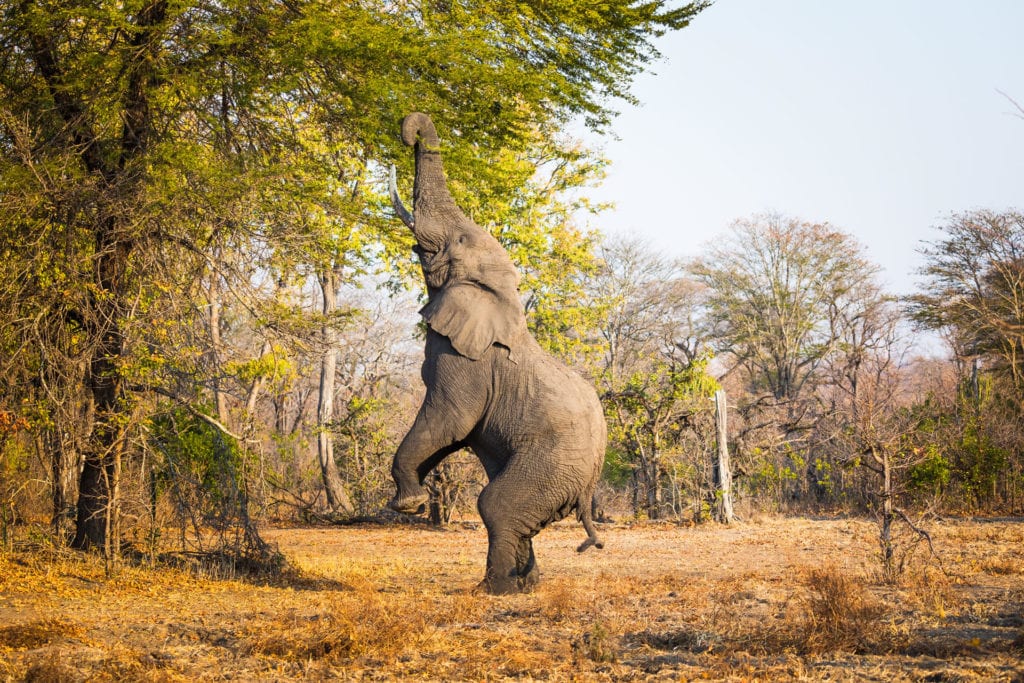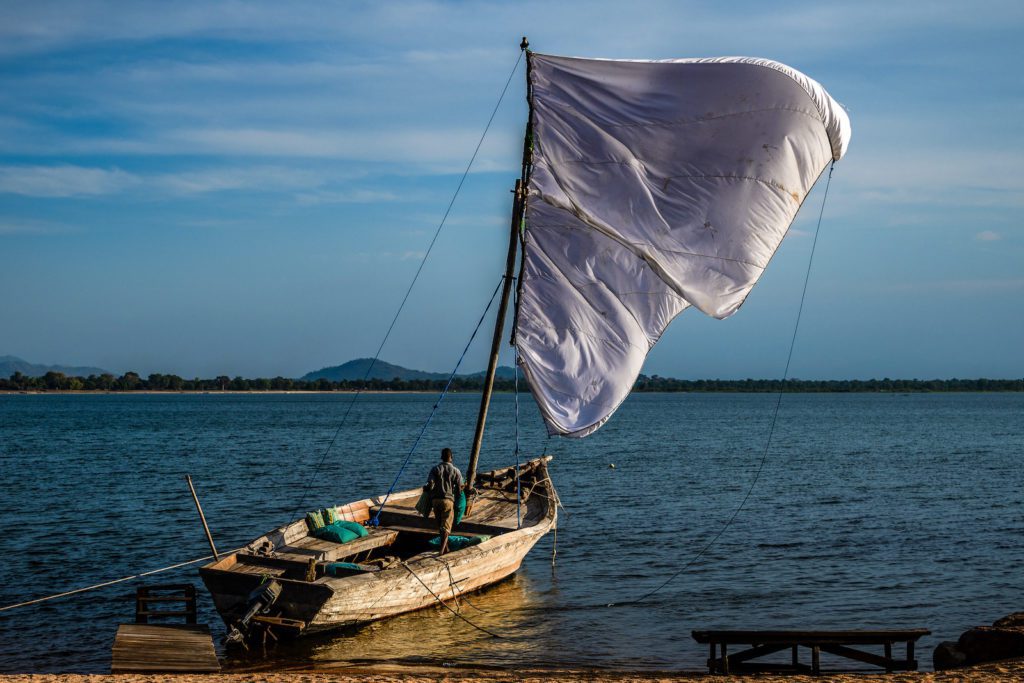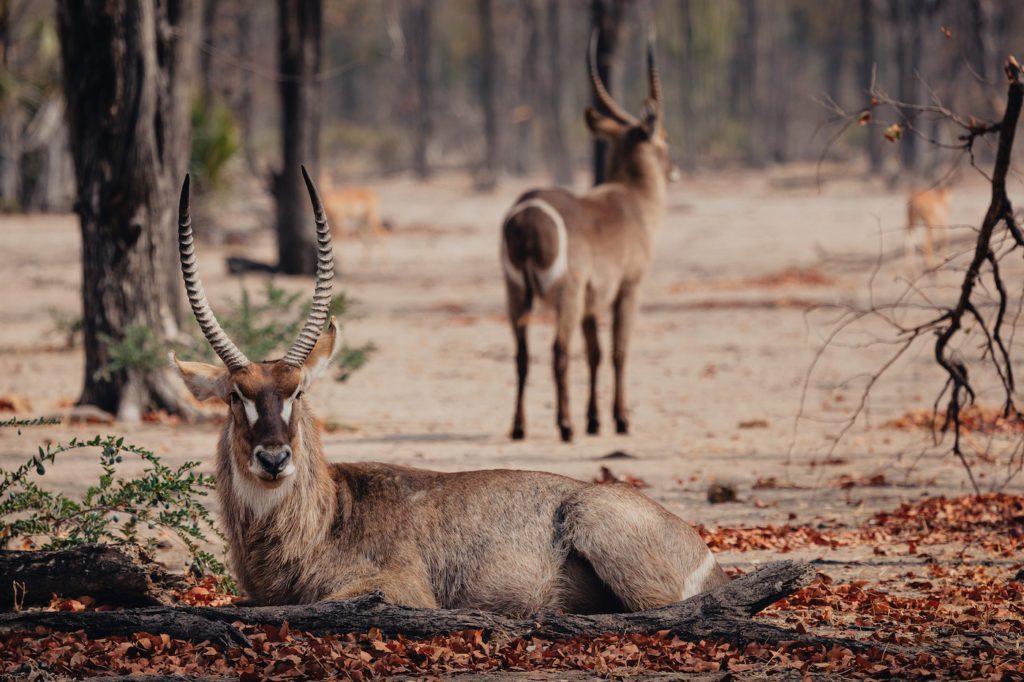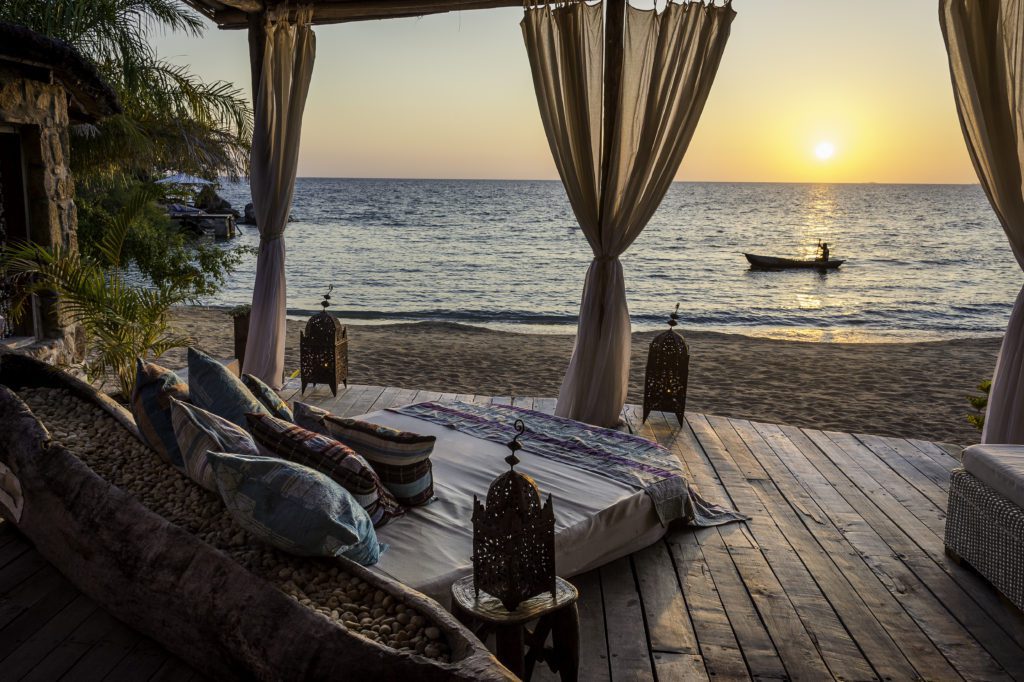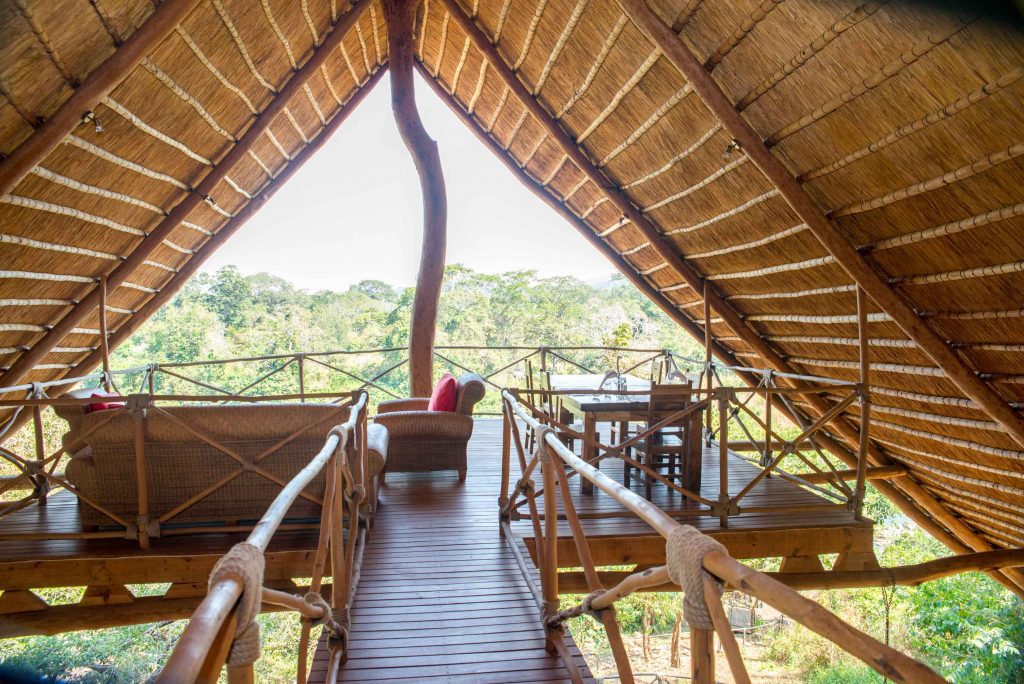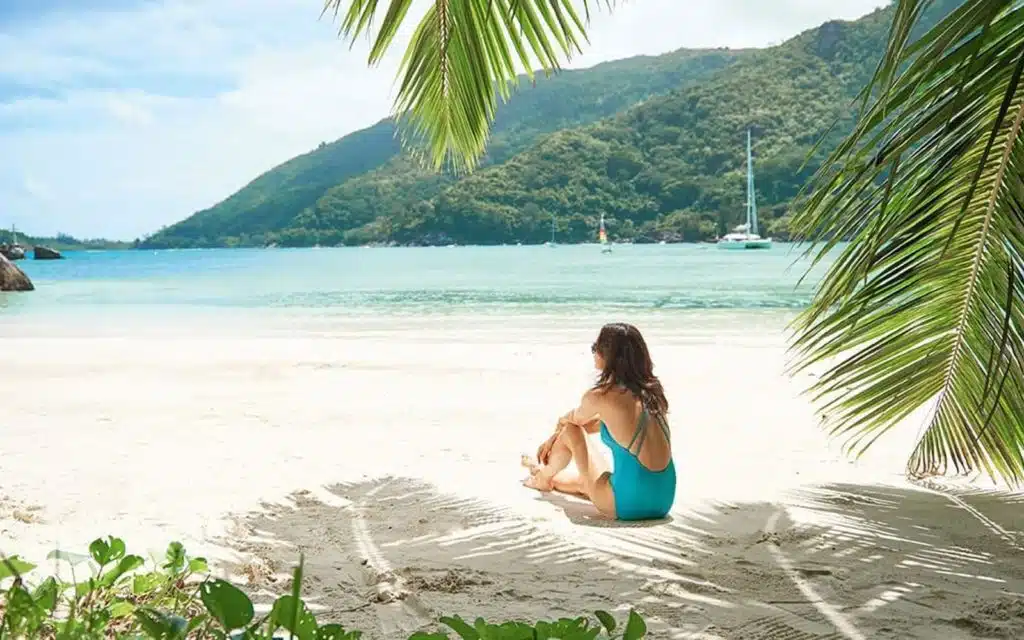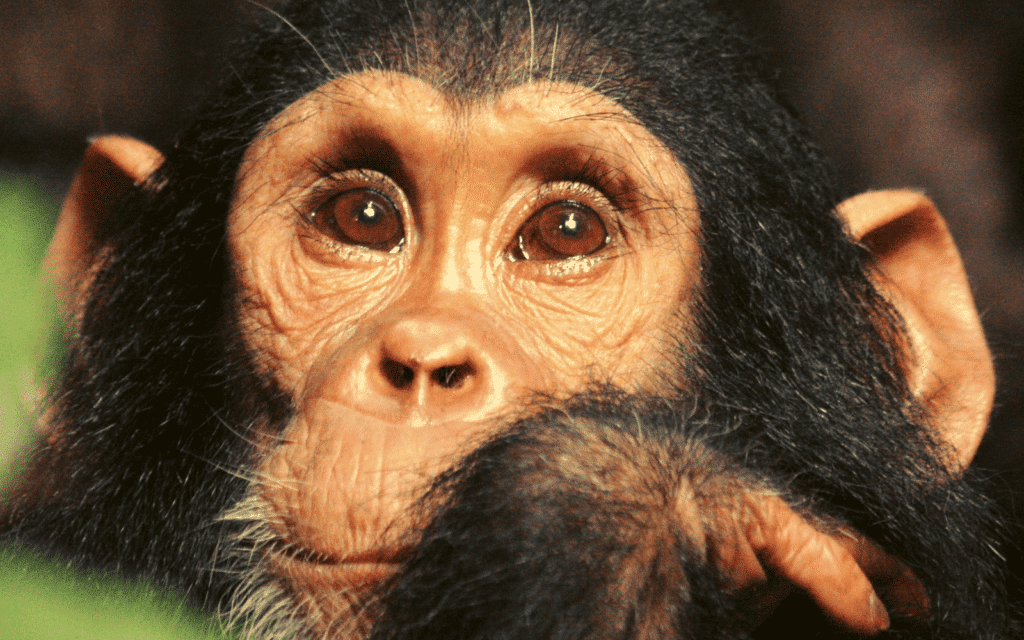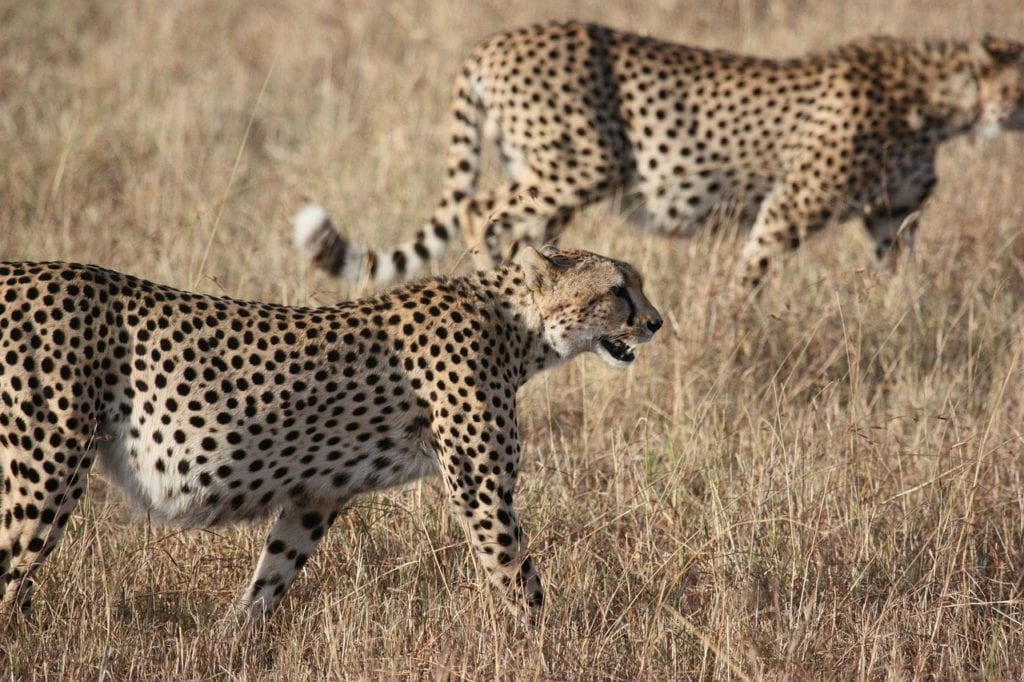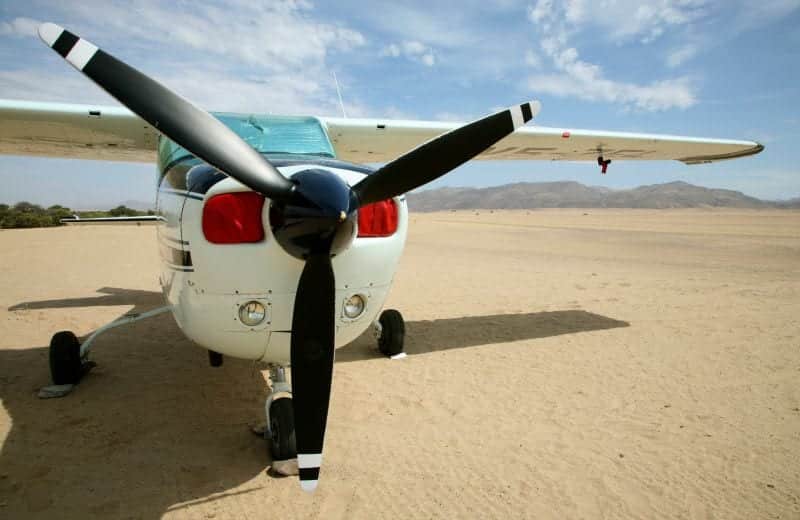HOW LONG SHOULD I SPEND IN MALAWI?
Malawi is a wonderfully captivating country and offers incredible diversity. However, this is a little short-lived when one is searching for a quintessential African luxury safari vacation. A weekend lakeside is enough to decompress from a frenetic adventure across the Serengeti and while the parks are more than worthy of attention, they dwindle in the magnitude of many other nations’ offerings.
Between three and five days will allow the time to encapsulate Malawi, though for those searching for a more relaxed pace of their vacation, this could well be the destination in which to avoid the fast-paced world and simply let time slide by quietly for several weeks.
WHEN IS THE BEST TIME TO VISIT MALAWI?
Malawi’s hottest months coincide with its wettest months, as is frequently the case. October to March can be stifling, with peak rains also occurring between December and February. The more temperate months of May to September offer the very best of Malawi, but opting for late April through to early June will provide the benefit of lush, green landscapes and an abundance of wildlife.
WHAT CAN I EXPECT FROM ACCOMMODATION IN MALAWI?
Though often contrasting terms, Malawi’s accommodation could best be described as luxuriously rustic. Though many venues have been built in recent years, they are very much of a traditional nature, with plenty of raw materials in evidence.
That said, and though you may not experience the colonial-inspired luxury safari camp decadence of Kenya, with copper, claw-footed baths and baroque furniture, you will find a pleasantly agreeable high standard of furnishings and services.
Some accommodations within Malawi have also been recognised for their cuisine and, though not pervasive, you can find some exquisite examples of African fusion dishes and exceptional gastronomy.
OTHER DETAILS:
Visas are required for most visitors and should be organized prior to arrival from your home country. Inoculations may be recommended and we suggest you contact your travel designer or a travel medicine specialist for advice.
International flights to Malawi are via Nairobi or Johannesburg, where a transfer is required to Malawi’s capital of Lilongwe. Private transfers are then available to specific destinations.
Chichewa is the primary traditional language of Malawi, though numerous other languages are spoken. However, English is the nation’s official language and you will find you will rarely meet any linguistic challenges.
Poverty is very real in parts of Malawi. We encourage cultural excursions and experiences as a way to support communities, and artisanal markets are often fascinating, rewarding and another way to support and give back to the Malawian people. National parks depend on tourist dollars to sustain the incredible achievements in conservation that have been made over recent years, so any visit and small additional donation you may be able to offer is essential for the parks’ sustainability.
Malawi is unique. While some activities may reflect those in other countries, there are also many aspects of a Malawian sojourn that you will find nowhere else. Still growing as a tourist destination and improving annually, it is a wonderfully charming country and, coupled with its beautiful, kind and welcoming people, it truly earns the moniker of ‘the warm heart of Africa’.


